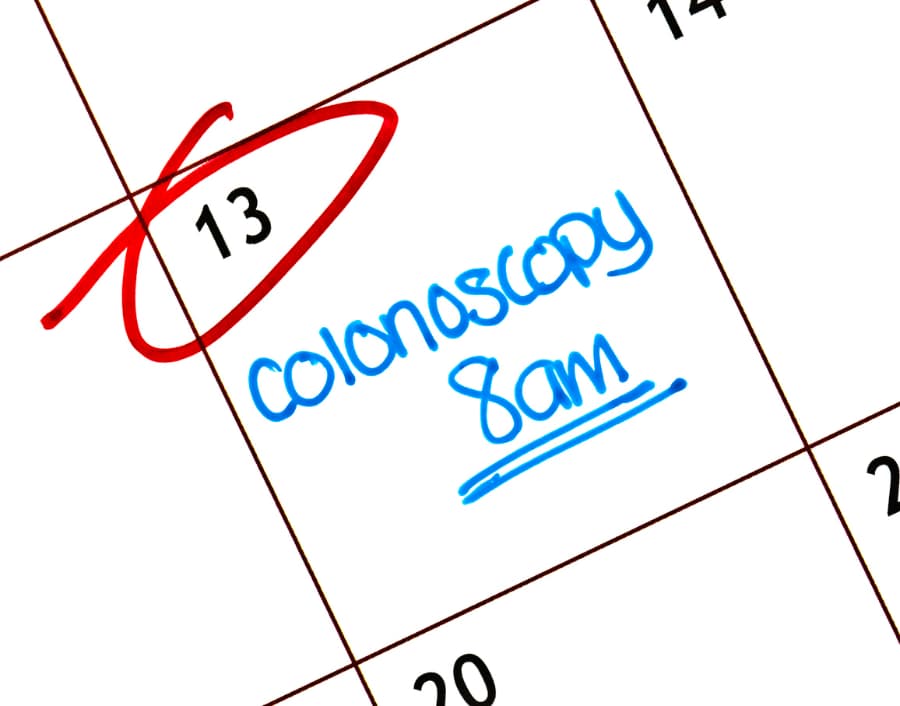Colon Cancer Screenings: Don’t Put Them Off
Over the years, colon cancer has become the third most commonly diagnosed cancer in the United States, with more than 100,000 new cases diagnosed each year. Colon cancer can appear without warning signs or symptoms, making it crucial for men and women older than or approaching age 50 to receive regular colon cancer screenings.

Here’s a look at the different types of colon cancer screenings and what you can expect.
Colonoscopy
Colonoscopy is by far the most common type of colon cancer screening. A tool called a colonoscope is used to examine the entire colon, as well as the rectum, to determine the presence of polyps, tumors or other abnormalities. Before the test, you must clear out your entire colon with a special liquid cleanse; your doctor will prescribe this cleanse and explain how to use it. In addition, you might be sedated for the procedure depending on your doctor’s orders.
During the colonoscopy, the colonoscope is inserted through the anus, and carbon dioxide is used to expand the colon for a clear view of the colon’s lining. Any abnormal growths that are found can be removed during a colonoscopy. According to some studies, colonoscopies reduce the risk of colon cancer-related death by up to 70 percent. Our team of experts at Regional Cancer Care Associates recommends a colonoscopy for persons aged 50 and older who are at average risk once every 10 years, or more often if you’ve experienced colon abnormalities.
Flexible Sigmoidoscopy
For this type of colon cancer screening a sigmoidoscope, a tool similar to a colonoscope, is used to examine the bottom 20 inches of colon, along with the entire rectum. Preparing for the test is less intensive than a colonoscopy, as only the lower colon needs to be free of stool, and patients are rarely sedated.
During the flexible sigmoidoscopy, the sigmoidoscope pumps carbon dioxide into the colon and can be used to remove abnormal growths for biopsies. Studies indicate this procedure lowers the risk of colon cancer deaths in patients older than age 50 by up to 70 percent. We suggest that persons at average risk and with a history of negative test results receive a sigmoidoscopy every three to five years.
CT Colonography
A commuted tomography (CT) colonography is a scan of the colon that is done with advanced x-rays, which examine the colon’s soft tissues and blood vessels in great detail. In this minimally invasive colon cancer screening, 2-D or 3-D images that survey the colon for tumors or polyps are created outside the body. Like the other tests, a CT colonography uses carbon dioxide to inflate the colon and requires complete cleansing of the colon before the scan. If any abnormalities are found, your doctor will likely schedule a colonoscopy or flexible sigmoidoscopy to remove them.
Choose RCCA
Thanks to these state-of-the-art screenings, colon cancer, though extremely common, has also become one of the most curable forms of cancer in the United States. If your colon cancer screening shows that you’ve developed the disease, Regional Cancer Care Associates is here to help you fight a winning battle. With dozens of locations throughout New Jersey, Maryland and Connecticut, our team of specialists will deliver the expert and personalized care, attention and support you deserve. For more information, contact Regional Cancer Care Associates today at 844-346-7222.
